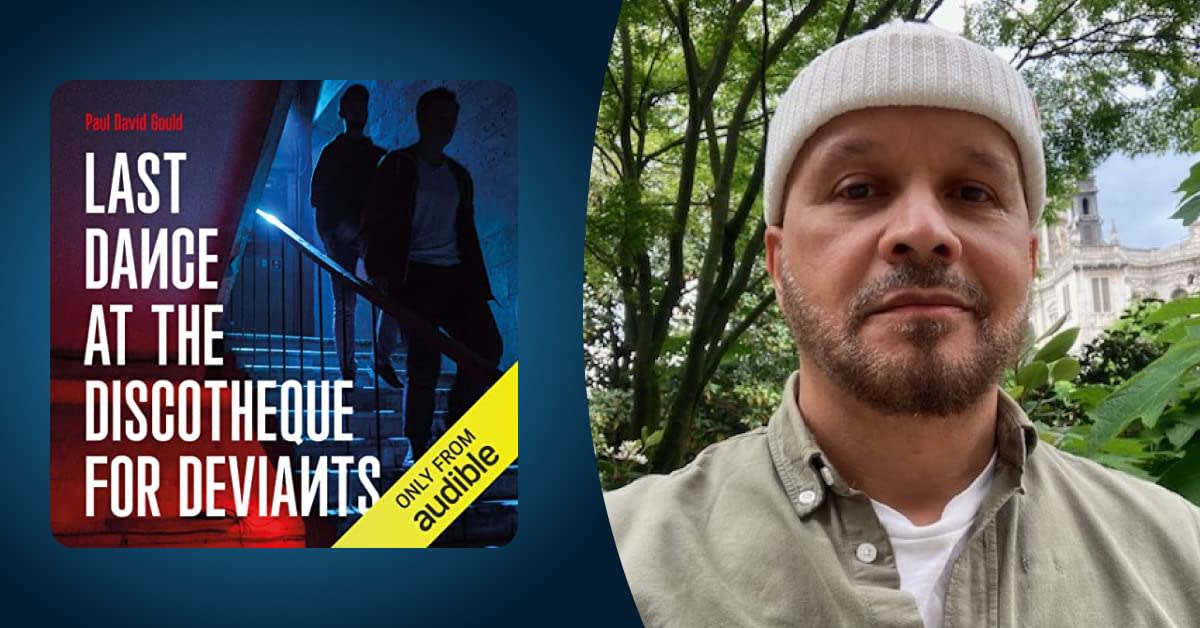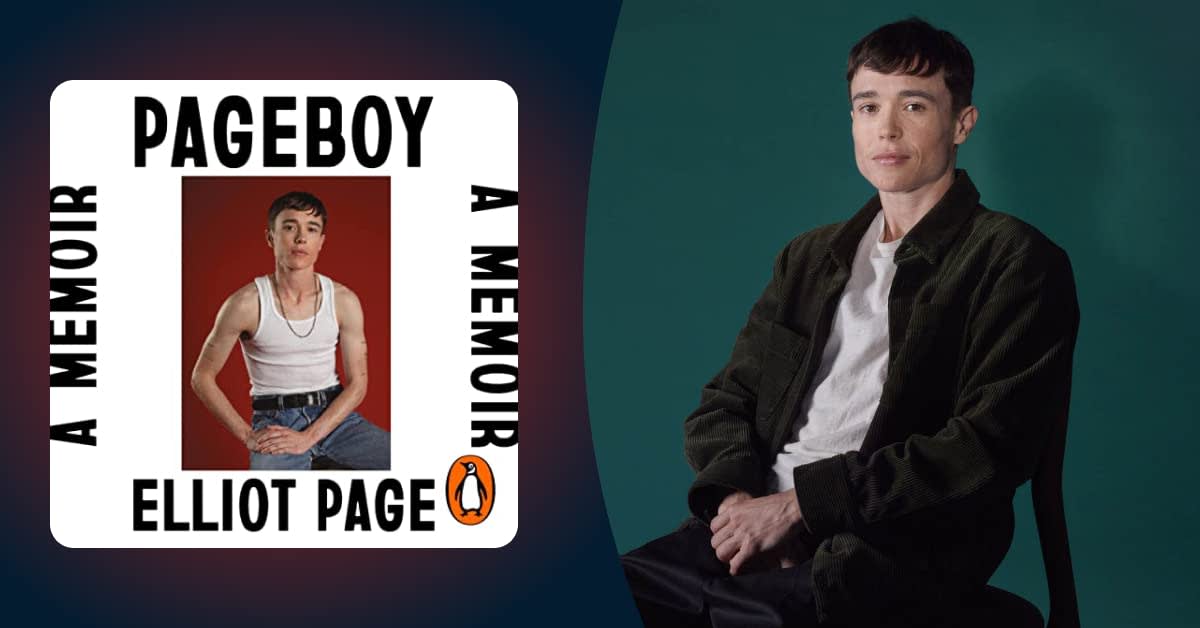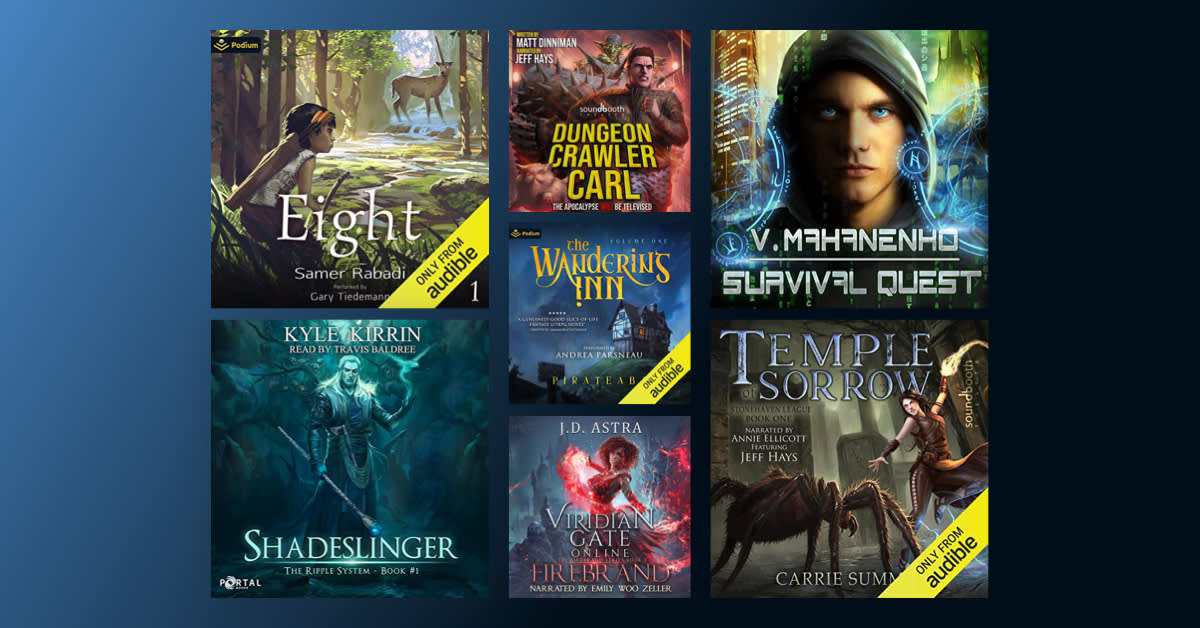We asked Paul to tell us more about what inspired him to write Last Dance at the Discotheque for Deviants.
I am of mixed-race birth and grew up on a council estate in Huddersfield. Keenly aware of my 'difference' from other boys, I dreamt of stories, travel and escape. One escape route was education, and I later graduated from the University of Birmingham with a First in Russian. I went on to spend four years in the former USSR.
When you hear about the war in Ukraine — which is of course vicious and totally unprovoked — I find myself wishing I'd not bothered with Russia or Russian.
But at the time, back in the late 1980s, when Gorbachev was Soviet leader, the Cold War was over, disarmament was underway, political prisoners were being freed and peace was being built with Moscow. I wanted to feel a part of that. I studied the language, the history, the literature in an attempt to understand Russians. I thought that they couldn't possibly be dismissed as 'the Evil Empire'.
Sadly, Putin's war means that the opposite is now happening in terms of war, prisoners, armament. And like my character Jamie, I despair of Russia. Putin really is twisted and he wants an empire.
I never *moved* to Russia in the sense of wanting to settle! It was only to learn the language, travel and then start a career. I was there during a time of enormous change: the end of the USSR, hyperinflation, the abrupt switch to a very brutal form of capitalism, the opening of McDonald's and the freedom for Russians to travel etc.
It was exciting but often unnerving. There was growing mafia crime, shortages, then massive price hikes. I saw super-rich Russians driving BMWs, but also impoverished grandmothers begging on the streets. It was a time when hope and fear were finely balanced — yet by the late 1990s, optimism was the dominant mood. A small gay scene emerged and seemed — at the time — to be a promise of equality and lives free from fear.
My experiences living in Russia totally inspired Last Dance at the Discotheque for Deviants. In fact, I didn't really do any 'research' — it's almost all based on what I experienced and what I remember. Except, of course, one key plotline (which I won't spoil here), which I didn't personally experience and had to do a little research.
Last Dance at the Discotheque for Deviants doesn't fit neatly into a single genre. I wouldn't call it 'crime', for example, even though a crime is committed. I'd say it's a fusion of a love story. a mystery/suspense story and also what I hope is a sensitive depiction of Russia and Russian lives at the time.
In the novel, we see how Kostya wants to embrace the new freedoms (to travel, to be openly gay). Meanwhile Tamara, being a generation older, tries to resist the change and hankers for the stability of the Soviet era. For her it's deeply unsettling that the old order has been cast aside. Dima, of course, is also ready to welcome the changes with open arms — and yet he is far from being a beneficiary of the shift to free-market capitalism. I mean, he gets evicted, he can't afford to carry on studying, his 'acting career' is deeply compromised and he too ends up wanting out.
I've had an itch to write since I was a child — but here, it's because I felt that I was a witness to extraordinary times. The novel was conceived in the spirit of wanting to spread understanding of Russia; now, given the war in Ukraine and the introduction of new homophobic laws, I'm voicing a lament for Russia and where it gets it all wrong.
Paul David Gould is a sub-editor for the Life & Arts section of the Financial Times and lives with his husband in Brighton.





